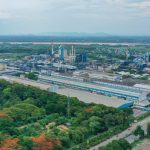Tamil Nadu Newsprint & Papers Limited (TNPL) offers a diverse packaging paper product portfolio under its flagship ‘Aura’ range. Its facility at Kagithanagar in Trichirapalli district, is dedicated to online coated paper boards with an annual production capacity of 2,00,000 metric tonnes. While the company initially focused on FBB and recycled-based products, it has since broadened its portfolio to include cup stock, SBS board, and FBB. The company exports to several international markets, including the UK, Korea, Sri Lanka, Africa, the Middle East, and European countries. In an exclusive interview with Paper Mart, Dr. Sandeep Saxena, IAS, Additional Chief Secretary / Chairman and Managing Director, Tamil Nadu Newsprint & Papers Limited, shared that the mill will soon set up a tissue manufacturing plant with a capacity of 100 metric tonnes per day, marking a significant milestone in its product diversification strategy.
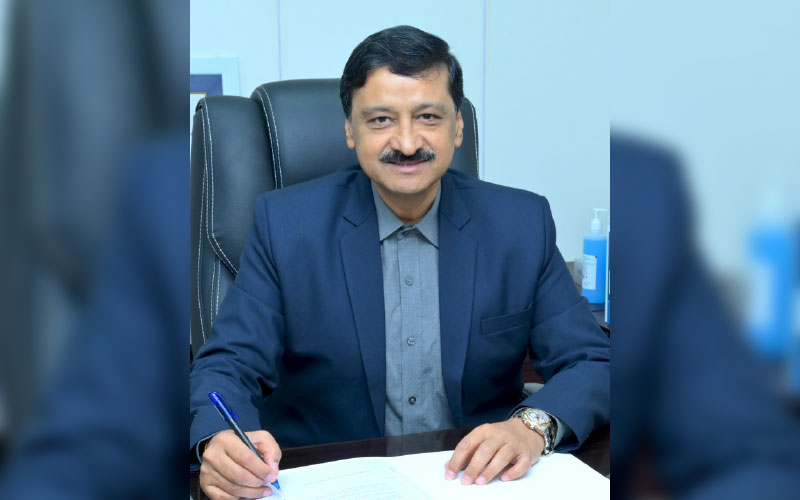
Paper Mart: Could you begin by giving us an overview of your packaging paper and board operations including your production capacity, facility locations, and manufacturing setup?
Sandeep Saxena: Tamil Nadu Newsprint and Papers Limited (TNPL) operates a manufacturing facility at Kagithapuram in Karur district for fine paper production, including writing and printing paper, with an annual capacity of 4,00,000 metric tonnes. The company has a second facility at Kagithanagar in Mondipatti village, Trichirapalli district, dedicated to online coated paper boards, with a production capacity of 2,00,000 metric tonnes per annum.
In the paper board segment, the mill established and commissioned a green field project in the year 2016, to manufacture online coated boards (two coating heads on topside and one at back side multifourdrinier four layer board machine), along with 400 metric tonnes per day waste paper processing plant. The plant is equipped with automated intermediate reel storage and conversion systems to efficiently meet market demand. To further augment pulp requirements, a 400 BDMT (Bone-Dry Metric Tonnes) hardwood-based pulp mill was commissioned in 2022.
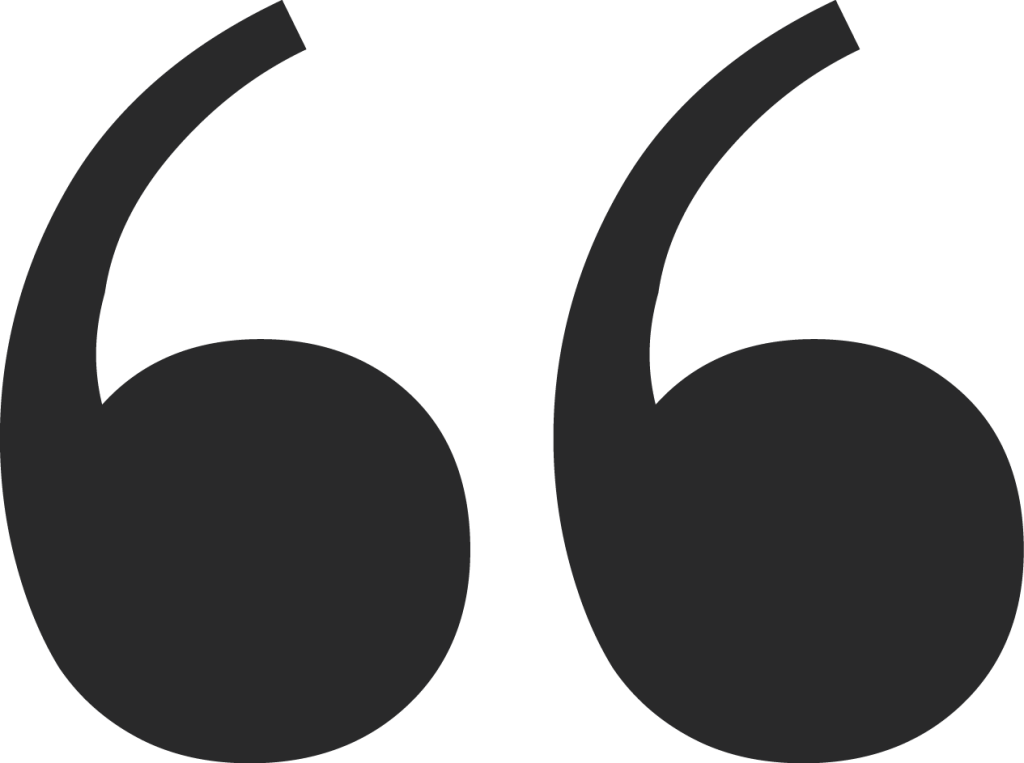
We are constantly upgrading our manufacturing infrastructure, furnish, and coating formulations to meet the evolving market demand.
PM: Please walk us through your current product portfolio. What grades, GSM ranges, and end-use applications do you cater to, and are there any specialty packaging paper and board products you offer?
SS: Our product portfolio includes Folding Box Board (FBB), Solid Bleached Sulphate (SBS) board and cup stock, with a GSM range of 150–400.
Some of our products include: Aura Shiksha Natural which is ideal for textbook and notebook covers, while Aura Fold Eco Plus is designed for pharmaceutical and food packaging. Aura Graphic serves cosmetics and personal care products, and Aura Fold Eco is a versatile choice for FMCG cartons, POP danglers, menu cards, brochures, books, and notebook covers.
For cup stock, Aura Flute and Aura Flute Supreme are well suited for paper cups used with hot and cold beverages, with the Supreme range offering premium printability and gloss. Aura Fold Eco Blue is specially tailored for school notebook covers. In the uncoated variety, Aura Celebration Plus is used for invitation cards, greeting cards, wedding cards, menu cards, brochure covers and folders, while Aura Celebration is particularly suitable for embossing, debossing, and hot foil stamping. Aura Ace has been developed for playing cards.
Aura Brilliant Plus finds application in pharma, cosmetics, and FMCG packaging. Aura Fold Blue is meant for high-end packaging such as personal care products, cosmetics, hosiery boxes, and garment tags. Aura Fold Premium caters to premium FMCG packing including pharma, personal care and cosmetic packaging, as well as cartons for industrial and automotive products. Aura Fold Plus offers a versatile solution for mono cartons, cosmetics, FMCG, spirits and liquor packaging, and is also suitable for panel and picture mount boards.
In addition, TNPL offers barrier-coated products as a sustainable alternative to PE-coated grades, reinforcing its commitment to eco-friendly packaging solutions.
Watch: In Pursuit of Lesser Water Footprint
PM: Which are your key domestic and international markets? How has your market footprint evolved in the past few years?
SS: We are a leading player in the premium segment of coated liquid packaging products, with a strong pan-India presence supported by an extensive dealer network. We export to countries like the UK, Korea, Sri Lanka, Africa, the Middle East, and several European countries. Initially focused on FBB and recycled-based products such as white-lined chipboard and grey-back duplex boards, TNPL has since expanded its portfolio to include cup stock, SBS board, and FBB.

We are a leading player in the premium segment of coated liquid packaging products, with a strong pan-India presence supported by an extensive dealer network.
PM: Sustainability is becoming a cornerstone of packaging. What steps have you taken to integrate environmentally responsible practices into your manufacturing and sourcing?
SS: TNPL has installed a 35.5 MW windmill to generate renewable energy, enabling the export of green power to the grid, supporting GHG reduction and thereby mitigating the risk of climate change. The captive power plants meet 100% energy requirements, having an installed capacity of 133.62 MW.
The company also boasts FSC-FM and FSC-CoC certified captive plantation and farm forestry for pulp wood, which serve as a major source of raw material for packaging boards.
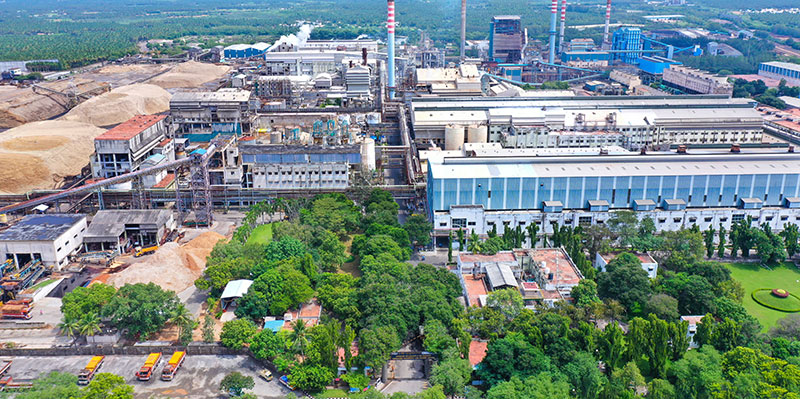
The green belt developed around Unit-2 in Mondipatti spans about 650 acres, housing 6.84 lakh trees and covering 55% of the total area with 123 species. Additionally, landscaped areas of about 27,248 sq. mt. have been developed and are maintained within the factories and colonies. These initiatives have contributed to a balanced ecosystem, fostering stability and a conducive environment. This biodiversity is reflected in the presence of 123 tree species, 26 shrub species, 124 herb species, 16 grass species, 35 medicinal plants, 91 bird varieties, 88 orthopod varieties, 16 reptile species, 10 mammal species, and 2 amphibians.
Besides making the surrounding aesthetic, these areas have also restored water balance, capture fugitive emissions as well as attenuate the noise generated within the plant. TNPL is known for its environment conscious and eco friendly approach as the company has one least consumption of water in the country. The wastewater generated in the mill is treated through an advanced effluent treatment plant, and the treated water is reused for irrigating the company’s own plantations in and around the premises.
PM: How has demand for packaging paper and board evolved post-COVID and amid growing e-commerce and FMCG consumption? Which segments are currently driving the most growth for you?
SS: Post COVID-19, demand for all packaging grades peaked, driven by the surge in online purchases, along with strong growth in the education sector, food-grade packaging, industrial packaging, and pharmaceuticals.

Post COVID-19, demand for all packaging grades peaked, driven by the surge in online purchases, along with strong growth in the education sector, food-grade packaging, industrial packaging, and pharmaceuticals.
PM: According to recent global market data, the packaging paper and board market is projected to grow steadily through 2033. How are you positioning your business to tap into this rising global demand?
SS: To tap into the growing packaging grade products demand, TNPL is gearing up to produce more Folding Box Board (FBB) grade products which will further enhance customer delight.

PM: What are some of the most significant technological upgrades or process improvements you’ve made recently in your mills to enhance quality, reduce waste, or optimize energy usage?
SS: TNPL is constantly upgrading its manufacturing infrastructure, furnish, and coating formulations to meet the evolving market demand. By fully utilizing its pulp manufacturing facilities, the company is able to meet the requirements of Unit 2 and partially supply Unit 1 in the form of wet-lapped pulp. Additionally, surplus steam generated from chemical recovery boilers is used to partially replace coal-fired boiler steam, thereby enhancing operational efficiency and sustainability.
PM: Are you seeing a shift in customer preference toward higher-strength or lightweight packaging paper and board variants? How are you balancing performance with cost efficiency in product development?
SS: The market is consistently looking for high bulk and stiffness in lower GSM products, which is met through selective furnish usage and continuous process optimization. The two shoe-press configuration board machines further enable the company to retain bulk and deliver product performance.
Also Read: JK Paper Boosts Packaging Portfolio with Focus on Innovation and Conversion Line Expansion
PM: What are the major challenges you currently face as a packaging paper and board manufacturer– be it raw material volatility, energy costs, logistics, or regulatory changes? How are you navigating them?
SS: Some of the challenges in the packaging paper and board segment include the scarcity of pulpwood, which has significantly increased input costs. To address this, TNPL actively promotes pulpwood plantations on small and marginal farmers’ lands by supplying high-quality seedlings or clones at the farm gate, along with providing buy-back assurance at a minimum support price.
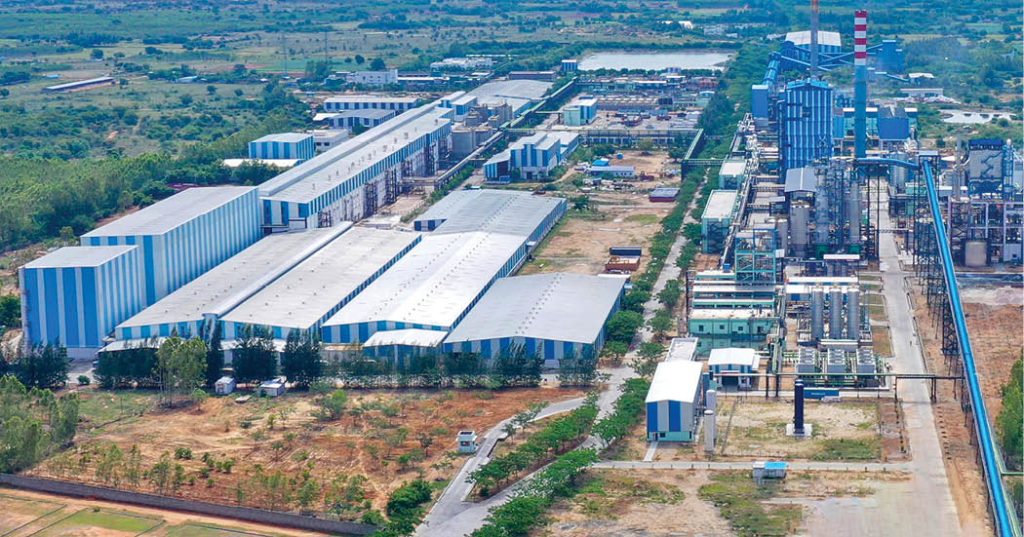
On the energy front, TNPL focuses on keeping costs under control by developing wind and solar power projects. Further, energy audits are conducted periodically to identify and implement conservation measures.
In logistics, the company adopts a ‘road–sea–road’ shipping model wherever feasible to optimize costs and efficiency. However, cheaper imports continue to pose another major challenge, which requires regulatory intervention. In this regard, TNPL has also joined hands to represent the implementation of minimum import price to safeguard the domestic industry.
PM: Looking ahead, what’s your strategic roadmap – capacity expansion, backward integration, export push, product diversification? How do you envision your mill’s role in the global packaging paper and board value chain in the next 5 years?
SS: Going forward, TNPL is setting up a state-of-the-art tissue manufacturing plant with a capacity of 100 metric tonnes per day, marking a significant step in its product diversification strategy.

To tap into the growing packaging grade products demand, TNPL is gearing up to produce more Folding Box Board (FBB) grade. The two shoe-press configuration board machines further enable the company to retain bulk and deliver product performance.



